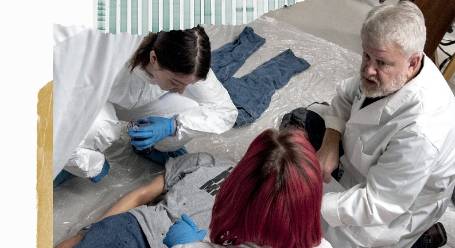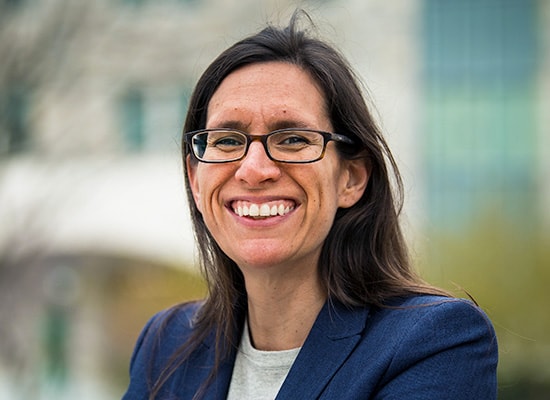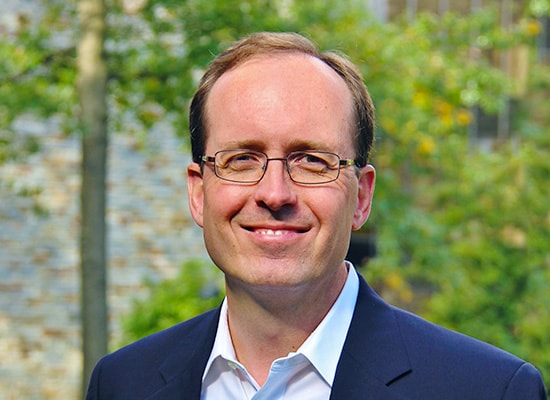Ready to Make a Difference
Forensic Science encompasses the wide array of academic disciplines that apply the knowledge, techniques, and technology to the investigation of crime and the courts of law. Loyola offers both an undergraduate major and minor in forensic sciences and a Master of Science in Forensic Pattern Analysis that prepares graduate-level students to enter the in-demand—and growing—field of forensic science as latent printer examiners, firearms/toolmarks examiners, crime scene investigators, and numerous related fields. All Loyola forensic science students graduate ready and prepared to make a difference.



Leading the Way
A Bright FutureDemand for professionals with forensic training has never been greater—in public, private, and nonprofit organizations across the country. Employers seek graduates who not only have knowledge in and understanding of the field, but who can apply their breadth of understanding, interdisciplinary approaches, critical understanding, ability to work as a member of a team, excellent communication, and deductive reasoning to their work. These are the very skills Loyola Forensic Sciences students acquire through the classroom, extra- and cocurricular involvement, and internships and job experience.
6 Keys to a Successful Career in Forensic Sciences
How Forensic Sciences May Change Over the Next 10 Years
The Top 5 Jobs in Forensic Sciences
Why Study Forensic Science at Loyola?
Traditionally, forensic programs focus heavily on sciences, such as biology and chemistry. What makes Loyola’s program unique is a truly interdisciplinary approach. The Forensic Sciences curriculum encompasses 16 departments of academic focus—the most of any program in the country—six of which offer a capstone experience. Students engage with subjects ranging from philosophy to engineering and take courses such as forensic entomology, security ethics, and business intelligence and data mining.
Loyola students are poised for competitive internships and job placement in one of the top regions in the country for forensic work. In fact, the Baltimore-Washington, D.C., metro area is among the fastest-growing hubs for biotechnology and biohealth, forensic psychology and counseling, criminal investigation and justice, and counter-terrorism.
Hear From the Forensic Science Community

Business and government agencies of all kinds are crying out for women in STEM fields.

Loyola graduates have a spark in their eye and a fire in their hearts. They are involved in their communities... They are working to create a better world for those who don't have the same rights or privileges.

Loyola feels like home. I have always found it to be a collegial place to work where I'm surrounded by dedicated professionals—faculty, staff, and administrators—who care deeply about our students and pusht hem hard to succeed.

I teach at Loyola because I love the people at Loyola—we truly do belong to each other here, and it shows in the ways we support one another.
